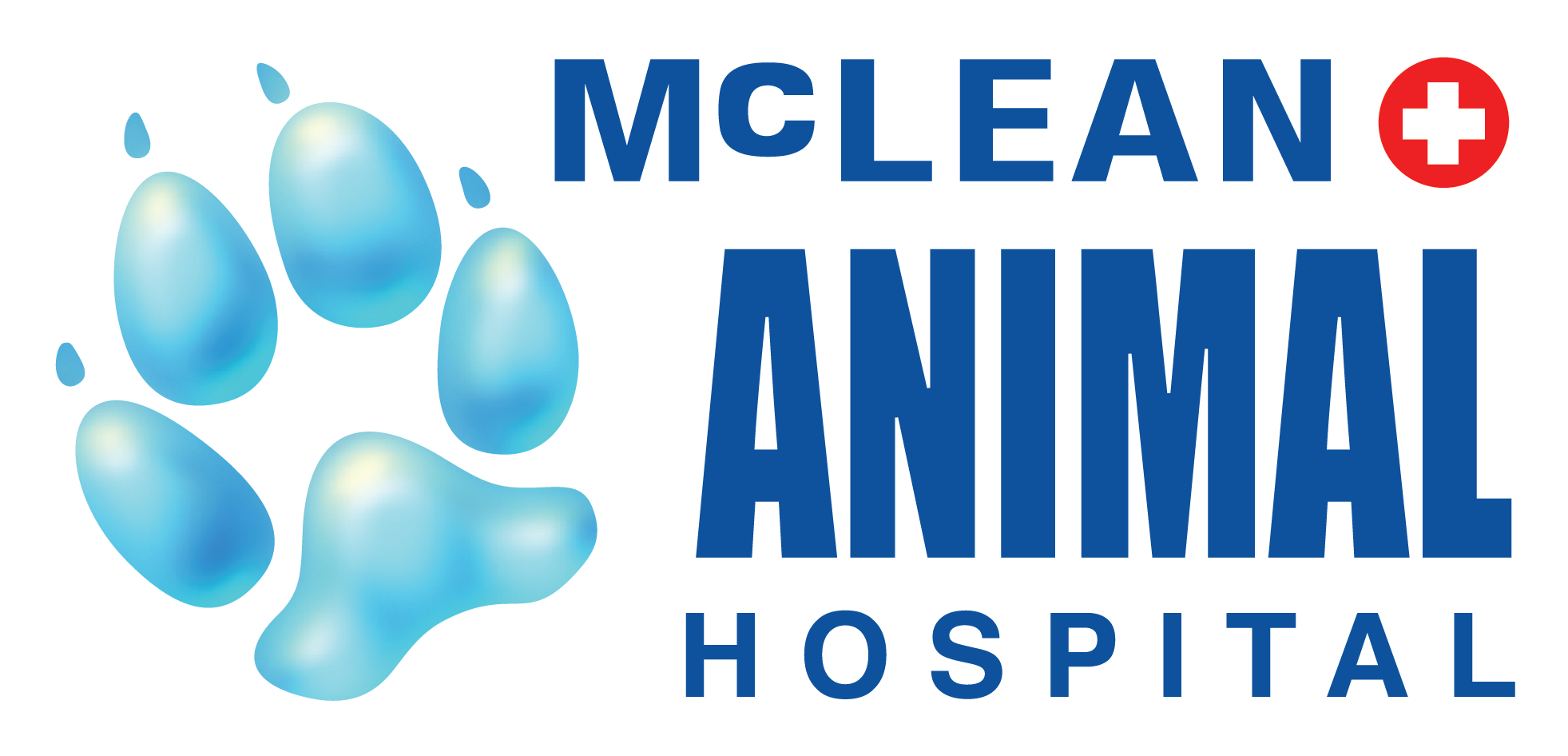Spring will soon be here and many of us are excited about warmer weather and engaging in various outdoor activities, including spending time with our pets at the park or cottage. Before we rush out to enjoy the sun, it’s important to have our pets checked for gastrointestinal parasites, fleas and Heartworm. As well, pets that spend time outdoors should be placed on Heartworm and flea prevention once a month from June 1st until November 1st in Ontario.
What are the gastrointestinal parasites? Gastrointestinal parasites are organisms that live in the digestive tract of our companion animals. These parasites usually reside in the small or large intestine and they compete for nutrients as well as potentially cause intestinal inflammation, which often leads to loose stool, diarrhea, possible weight loss and abdominal discomfort. In some cases, pets can have a gastrointestinal parasite but not show any clinical signs, this does not however eliminate the fact that they are still competing with the host for nutrients. The method of transmission is the ingestion of fecal material containing microscopic eggs or cysts. Because the eggs and cysts are so small, they cannot be seen with the naked eye. The best way to determine if a pet has a gastrointestinal parasite is to submit a fecal sample for microscopic analysis. When you bring your pet to McLean Animal Hospital, you will be asked to submit a fecal sample for analysis and it is advisable to have one done at least annually and deworming medication will be dispensed depending on the results of the analysis.
Most pet owners have heard about or have unfortunately experienced fleas. These external parasites live on the skin of our companion animals and survive solely by ingesting their host’s blood. The flea bite can be a source of great annoyance to our pets; excessive scratching, skin rash, scabs and discomfort are all common signs of a flea infestation. In addition, humans can also act as a host for fleas, which makes it even more important for us to eliminate them as soon as possible. Fleas are notoriously known to multiply rapidly since 1 female flea can lay thousands of eggs in her lifetime. Soon, a small flea problem becomes a huge dilemma and more difficult to treat. The best way to treat a flea infestation is to use medication prescribed by a veterinarian because they have been proven to be effective and safe to use on both dogs and cats. At McLean Animal Hospital, we strongly advise that all pets spending time outdoors should be on flea prevention prescribed by a veterinarian.
Heartworm is internal parasite that lives in the heart and blood vessels (arteries) of the lungs. They infect both dogs and cats, but infection in cats is very rare. Heartworm is transmitted from host to host through the bites of mosquitos. The immature Heartworm migrates from the site of the mosquito bite to the host’s heart and lung arteries through the bloodstream where they will mature and reproduce. The resulting immature Heartworm then circulate the bloodstream for up to 2 years waiting for a biting mosquito to ingest them and transmit to another host. Heartworm can cause devastating disease, their presence in the heart and arteries of the lungs can result in coughing, decreased exercise and in severe cases, congestive heart failure. The treatment of a Heartworm infection is not only challenging and associated with life-threatening side effects but it can also be very expensive, therefore prevention is strongly advocated since it is safe, effective and affordable. Prior to placing a pet on Heartworm prevention, a simple blood test should be performed to detect whether a Heartworm infection is already present. We recommend performing this blood test annually beginning on April 15th. Once a pet is determined to be Heartworm negative, our veterinarians will recommend options for Heartworm prevention and treatment will be initiated for pets with a positive Heartworm test. Many Heartworm prevention products also protect against fleas and other parasites.
For more information regarding these products or if you have any questions regarding the information discussed above, please feel free to contact our veterinarians at McLean Animal Hospital.




